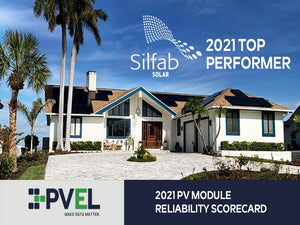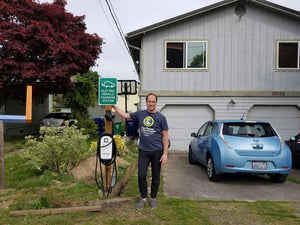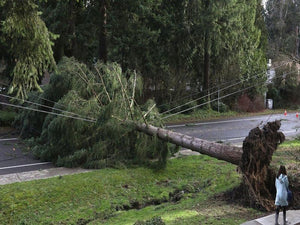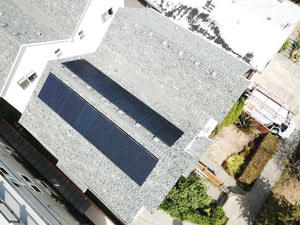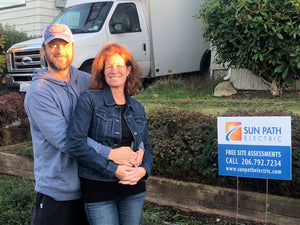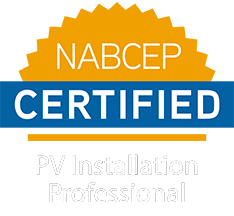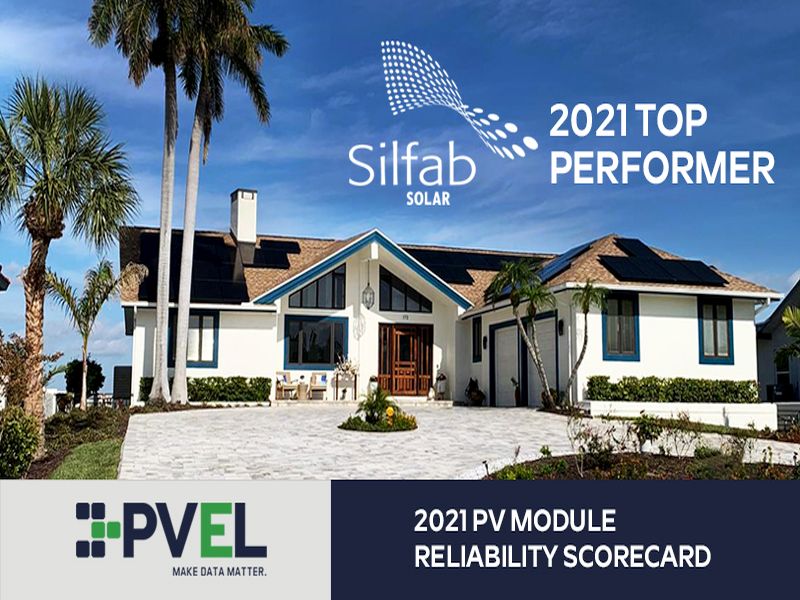
Silfab Solar Secures PVEL “Top Performer” Rating
Northwest-local Silfab Solar out of Bellingham have secured a “Top Performer” Rating for the PVEL 2021 Scorecard. Silfab Solar is North America's leading PV manufacturer, and a tried and true supplier of solar modules for Sun Path clients- Sun Path Electric
- Tags: Seattle Solar Installer Seattle solar panels Solar panel facts Solar panels solar panels on roof solar roof
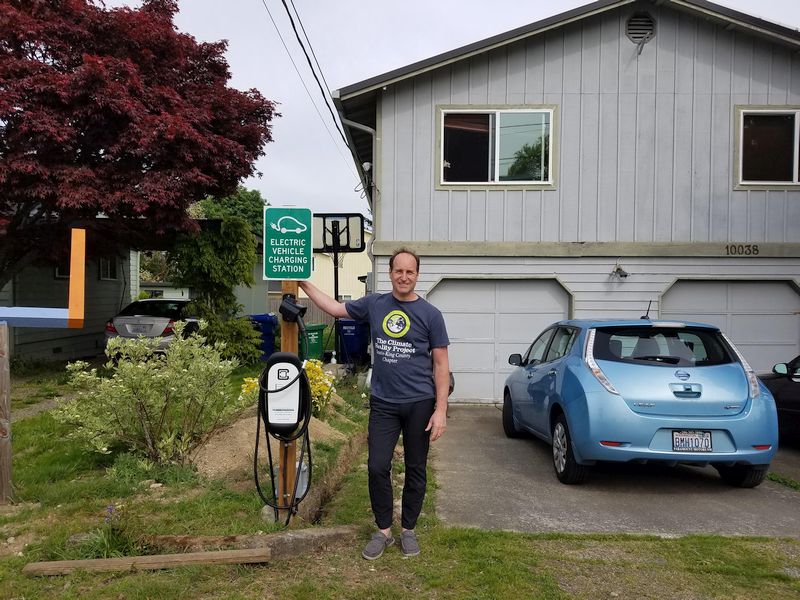
Personal Climate Action: Creating A Community Electric Vehicle Charging Station
Sun Path Electric client Michael Truog on installing a free community EV charging station at his home for electric vehicles to go climate neutral, reduce climate change and inspire more people towards electric car adoption.
2 Key Climate Bills Passed by WA State Legislature
Shortly before adjourning on April 25, the Washington Legislature passed two important climate bills that will impact the state's solar industry...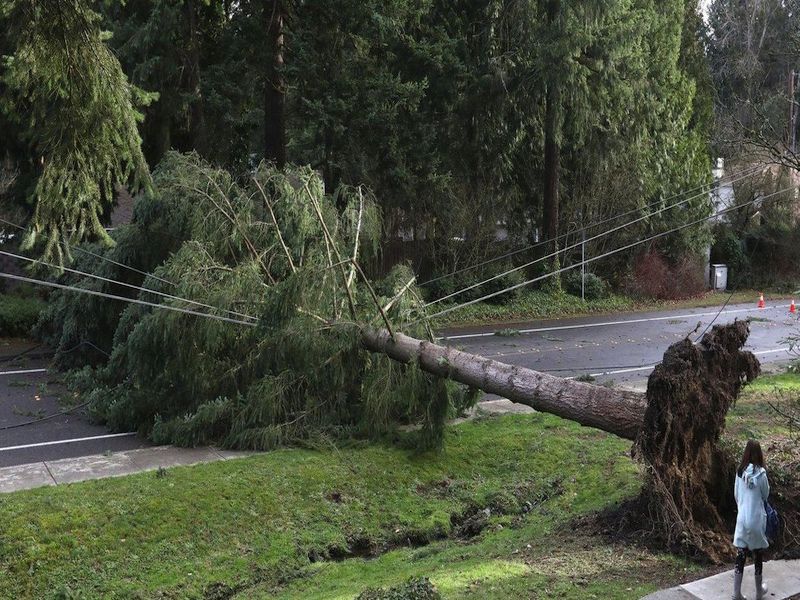
Windstorm Leaves Puget Sound Residents Without Power
Last week, a powerful windstorm hit the Pacific Northwest, with gusts between 50-70 MPH and inches of rain and ensuing mudslides wreaking havoc on roads, property and power systems. As the saturated ground loosened tree roots, extreme winds blew vulnerable trees and branches onto power lines all through the region and left an estimated 430,000 residents in Washington and Oregon without power for up to 72 hours.
January’s windstorm matched the fury of the Northwest Windstorm of 2015 which caused week long outages in some areas. The 2015 storm was considered to be a “once in a hundred years” windstorm, but many experts warn that unchecked climate change is likely to cause an ever-increasing frequency of dramatic weather events like last week’s windstorm.
The power outages caused schools and virtual school sessions to be cancelled, left many residents without heat and water and unable to work from home, and forced hospitals and essential services to turn to backup gas-generator systems.
Solar and Battery Backup helps keep the power on!
Several of Sun Path Electric's clients suffered grid outages, but they were able to maintain power in their homes thanks to a Sun Path installed battery backup system and solar array. We are happy to help you understand how this works.
Battery backup systems also qualify for the extended Federal Solar Tax Credit, and offer a myriad of other benefits. Learn more about an effective emergency battery backup system and how Sun Path Electric can help you to proactively protect your home and your energy system.
- Sun Path Electric
- Tags: 2021 windstorm battery back up solar system battery backup northwest power outage

Congress Extends 26% Federal Solar Tax Credit
Good news for going solar in 2021- an extension of renewable energy tax credits has been included as part of the Federal Stimulus Package recently passed by Congress. If you’re considering going solar, this Federal Investment Tax Credit (ITC) is one of the most important incentives to understand.
Originally scheduled to step down to 22% at the end of 2020, the ITC has been extended at 26% for another 2 years. For 2021 and 2022 you can receive a federal tax credit of 26%, and 22% in 2023 (expiring Jan 1, 2024). A tax credit reduces, dollar for dollar, any income tax you might owe in a fiscal year. If you don’t pay enough to recover it all in one year, it carries over into the next year – there’s no cap on the amount that you can claim. Even better - this applies to residential and commercial solar installations.
Click to learn more about Washington State solar incentives and programs for 2021. To learn about zero-down solar and energy efficiency loans, go to Puget Sound Cooperative Credit Union.
- Sun Path Electric
- Tags: Solar Federal Tax Incentive solar incentives solar saves money Solar systems Washington Solar incentives

Meet Abby: Seattle Solar Client Turned Solar Sales Consultant
We had a lovely virtual Q&A with Abby Suplizio, a West Seattle resident and Sun Path Seattle solar client turned Solar Sales Consultant. Abby, a longtime environmental advocate, was also the West Seattle chapter lead for CoolMom, a local mom-focused climate non-profit, when her kids were young. While CoolMom is no longer active, Abby is thrilled to continue her environmental advocacy work through solar and energy efficiency education.- Sun Path Electric
- Tags: Seattle solar Seattle Solar consultant Seattle Solar home Solar systems
